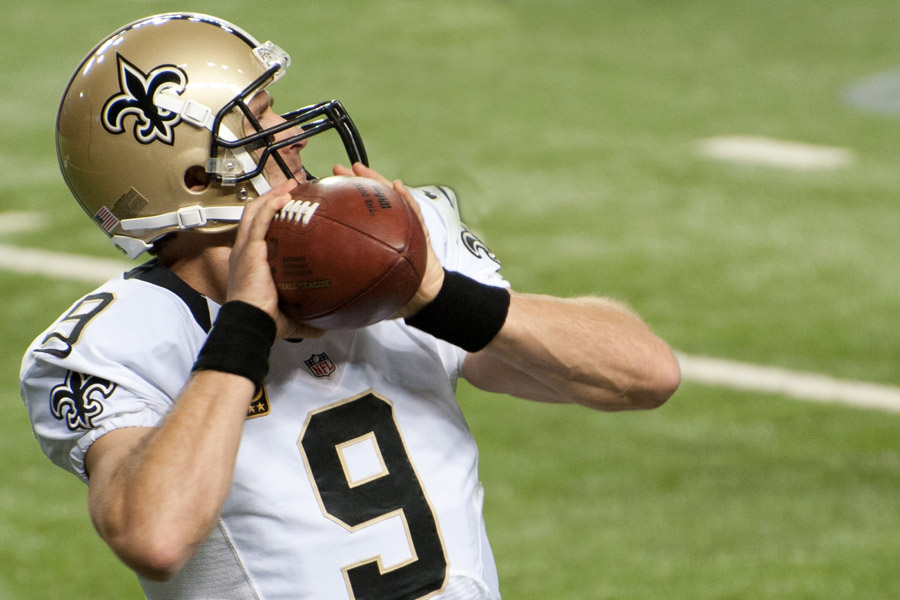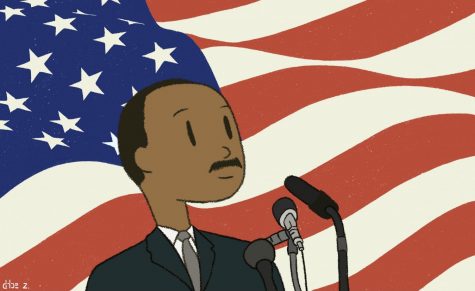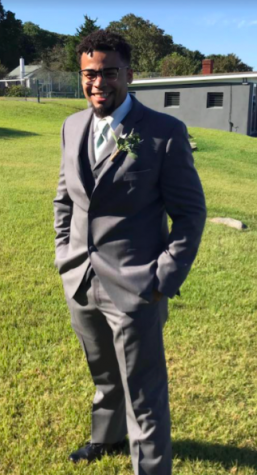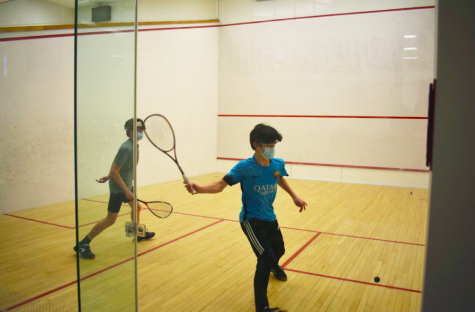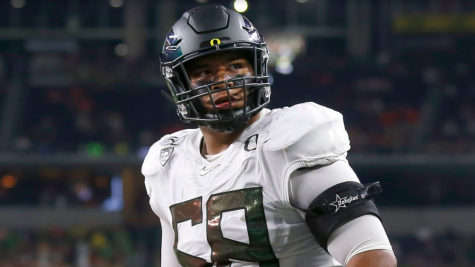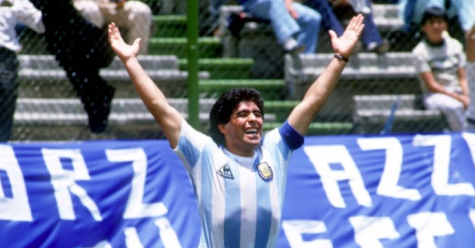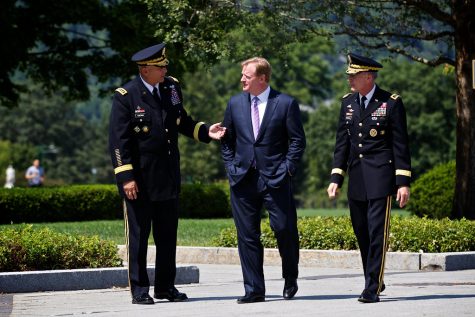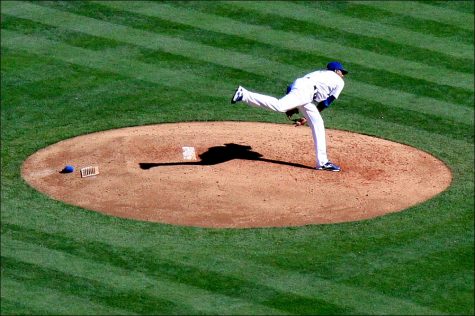Drew Brees and Kneeling
In light of the death of George Floyd and the Black Lives Matter protests, a resurgence in the fight for racial justice and equality has emerged. The once controversial act of kneeling to the national anthem four years ago has now become an accepted practice throughout national leagues in all sports. Yet, one athlete who expressed disagreement with the notion of kneeling to the national anthem was Drew Brees, quarterback for the New Orleans Saints. He would “never agree with anyone disrespecting the flag of the United States of America,” Drew Brees said in an interview with Yahoo Finance after being asked about the possibility of kneeling during the anthem once the NFL season starts. His comments received a lot of backlash and rekindled the controversies surrounding the topic of kneeling. Teammates and other athletes alike criticized Brees for his comments. A day later, Drew Brees apologized on Instagram, taking full responsibility for his comments.
For many, these comments seemed uncharacteristic of Brees: he frequently donated to and participated in projects aiding the local community of New Orleans, having just donated $5 million in Covid-19 relief to the majority-black community. He emphasized this during his apology, reiterating how his actions should speak louder than his words. And the truth is, his insensitive words should not discredit his concern for racial equality and fight for justice which he demonstrated throughout his time as the Quarterback for the Saints.
The main issue with his comments was not his reluctance to kneel for the flag — the flag and the anthem mean different things to different people, and it is his right to decide whether or not to kneel. However, what should be taken to issue is the insensitivity for criticizing those who do kneel. Kneeling is not an act of disrespect or indifference to those who served this country, but instead a recognition of the racial struggles that people of color have been facing for centuries.
Despite the blatant insensitivity of Brees’ comments, however, the response from social media was also problematic. Instead of correcting or educating him on his faults, people attacked the Saints QB, failing to clarify what was wrong with his comments. “Cancelling” someone only furthers hostilities, preventing others from partaking in a movement that they would consider “too aggressive” in spreading its message.
While the increase of activism on social media has overall been for the better in spreading awareness, this specific instance has demonstrated the potential downfall of social media in the movement and how it could discourage people from dissenting — a crucial part in spreading a movement’s message and truly educating people on why kneeling for the flag is a fight for racial justice.
Ultimately, the controversy surrounding the Saints quarterback has raised many questions about “cancel culture”, patriotism, the role of high profile figures in current events, and the push for racial justice as a whole – all questions which we ought to reevaluate in times like these.


